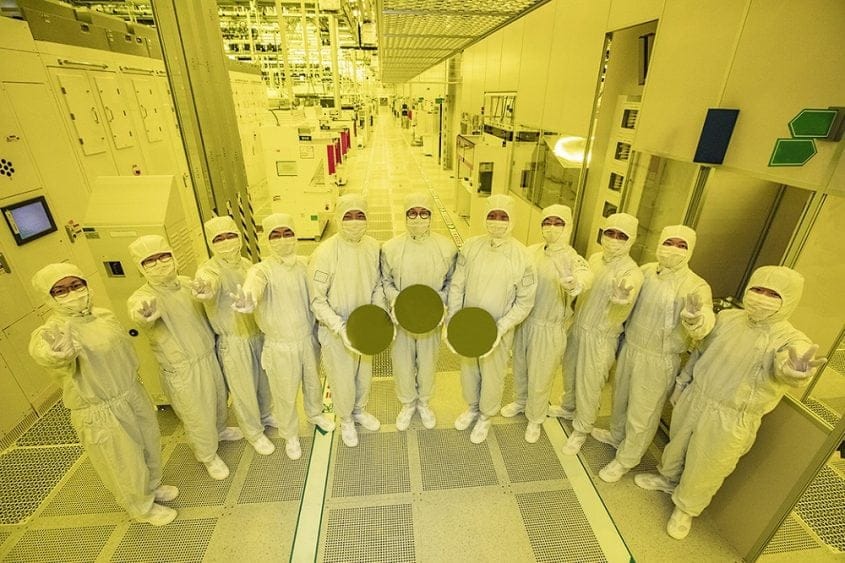Samsung is said to be looking into a partnership with TSMC (Taiwan Semiconductor Manufacturing Company) for the mass production of its Exynos processors, as noted by user Jukanlosreve on X. This indicates a possible change in Samsung’s strategy as the company aims to improve the performance and efficiency of its in-house Exynos chips, which have fallen short compared to leaders like Apple and Qualcomm in recent years.
A New Era for Exynos?
Currently, Samsung’s Exynos chips lag behind MediaTek’s recent improvements in various important areas. A common thread among Exynos’ competitors is their collaboration with TSMC, a major player in semiconductor manufacturing praised for its efficient and high-performance production techniques.
TSMC’s Advantage
The advanced process nodes from TSMC have given fabless manufacturers a significant edge in enhancing chip performance and efficiency, something that Samsung Foundry has found challenging to replicate. This lack of efficiency, together with lower yield rates from Samsung Foundry, has played a role in Exynos’ relative stagnation in the market.
Yield rate is a crucial measure in semiconductor production, representing the proportion of fully functional chips generated from a wafer against the total possible chip amount. A higher yield rate leads to fewer defective chips, thus improving production efficiency. Samsung’s yield rate has been problematic, particularly with its advanced 3nm nodes. Reports suggest that Samsung’s yield for 3nm is still under 20%, while TSMC boasts a yield rate comfortably above 80%, nearing 90%. These statistics make TSMC a more attractive choice for producing Exynos chips at scale with better reliability.
Implications for Galaxy Users
Samsung’s System LSI division, the team responsible for designing Exynos chips, is distinct from Samsung Foundry, which handles manufacturing. This separation could enable a shift towards outsourcing the fabrication of Exynos chips to TSMC.
However, there are further factors to consider in this potential transition. Samsung initially planned to lower manufacturing costs for its Galaxy devices by using Exynos processors, aiming to cut production expenses while creating a chip that could appeal to other smartphone manufacturers. Despite the performance gap, Samsung has continued to use Exynos processors in its flagship devices mainly to keep costs down. If production moves to TSMC, it might enhance chip performance and efficiency; however, this could lead to increased production costs, impacting Samsung’s pricing strategy for its Galaxy devices.
Should Samsung decide to transfer Exynos manufacturing to TSMC, it could mean a significant improvement in the processor’s performance, although likely at a greater expense. Whether Samsung will prioritize performance over cost savings is yet to be determined, but this transition could alter the future landscape of Exynos processors and Samsung’s competitive chip production strategy.
Source: Link



Leave a Reply